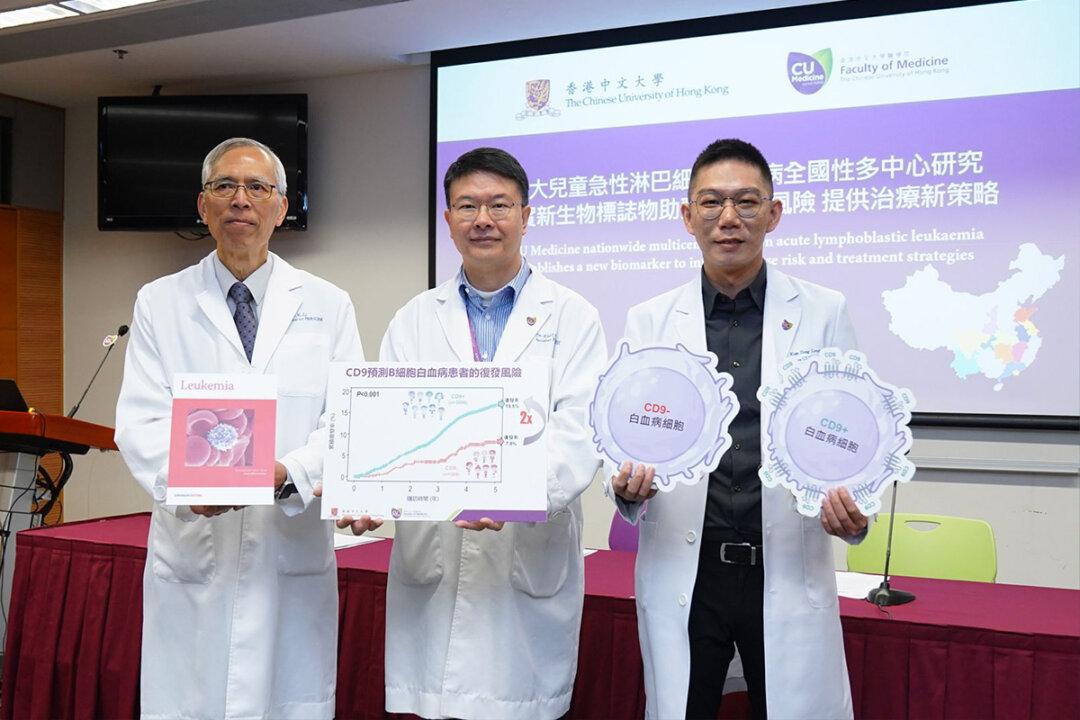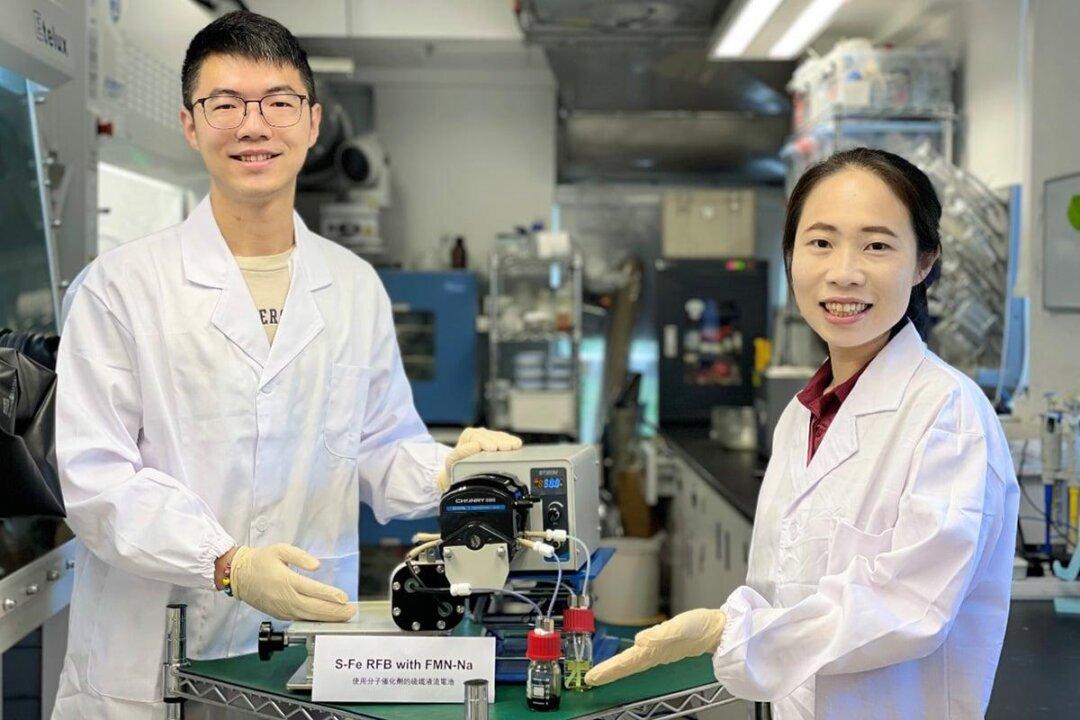On July 18, the Hong Kong Consumer Council released the findings on 30 packaged pickled vegetable products, some of which are available in the American market. It has raised concerns about the safety and quality of some packaged pickled vegetable products with high sodium content.
The Consumer Council examined 30 packaged pickled vegetable samples, including kimchi, German sauerkraut, cucumber, mustard greens, radish, and olives. While pickled vegetables offer dietary fiber, vitamins, minerals, and beneficial probiotics due to the fermentation process, the study revealed some troubling findings.




